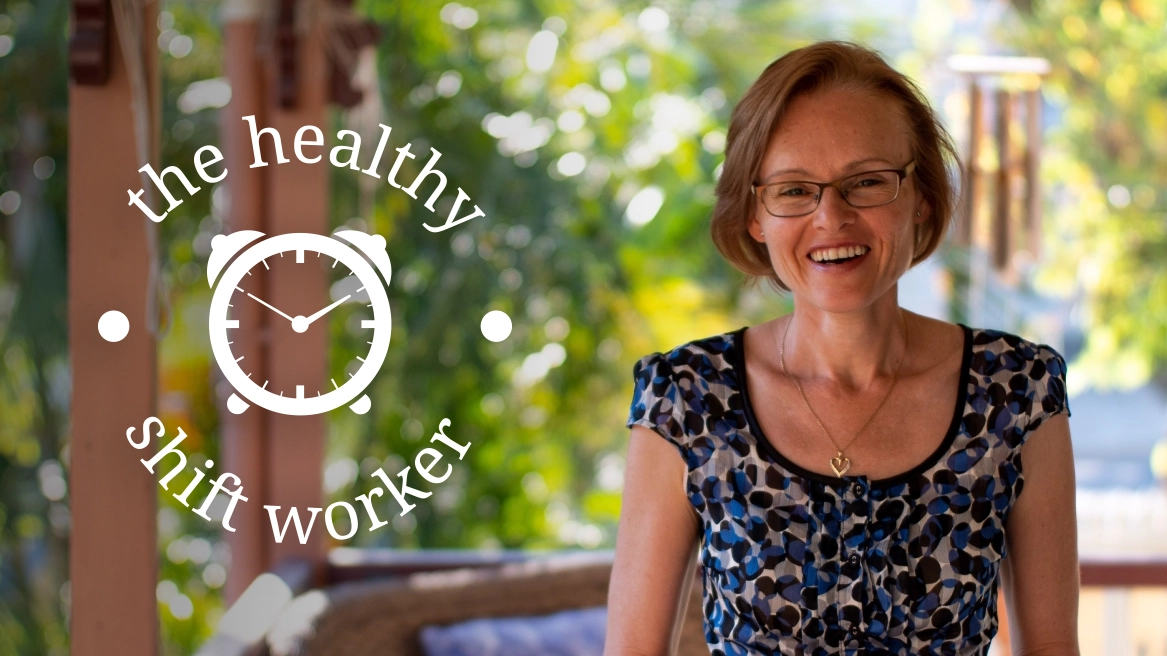As we say goodbye to another year and welcome in the arrival of a new one, the words “New Years Resolution” and “Weight Loss” seem to go hand in hand with one another … each and every year.
But why is it that so many people struggle to lose weight when working 24/7?
Is it because we have little motivation to get up and exercise? Or perhaps it’s because we lack the energy to cook our own meals and become reliant on quick and easy processed foods, takeaways and anything else that is loaded with sugar? Or maybe it’s because we’re awake for much longer which leads to us eating more?
All of these are certainly valid possibilities given sleep deprivation forms such a huge part of a shift worker’s existence.
But what if there was another reason?
What if there was something else going on inside our body that has nothing to do with willpower, but everything to do with sleep deprivation throwing our ‘hunger hormones’ out of balance?
Because this is exactly what every shift worker knowingly (or un-knowningly) has to face when working 24/7.
Sleep deprivation is essentially a type of endocrine or hormone disruptor which if we’re not careful, can cause havoc on our waistlines. Whilst there’s a lot of emphasis in the media about environmental toxins such as bisphenol A or BPA, along with phthalates found in plastic containers being hormone disruptors (and rightly so given they can cause havoc on our oestrogen levels), little attention is given to how sleep deprivation can also alter our finely tuned endocrine system.
Two of the hormones which become impacted as a result of lack of sleep include leptin and ghrelin which play a huge role in appetite-regulation. When working correctly, leptin sends signals to the brain telling us when we’re full, whilst ghrelin let’s us know when we’re feeling hungry.
The trouble for shift workers (and anyone else who may be struggling with insomnia), is these hormones don’t function as they should when we’re running on limited sleep which can lead to overeating and subsequent weight gain.
This was illustrated in a study of over 1000 sleep-deprived subjects where disruption to appetite hormones equated to an increase in food consumption equivalent to 350-500 k/cal per day, most notably in the form of snacks made from carbohydrates.
In other words, we’re more likely to consume calorie-dense foods like cake, pasta, bread, potatoes and pizza when we’re running on little sleep, making it somewhat challenging for anyone who is trying to lose weight.
But I want you to know that it doesn’t mean you’re destined to become overweight, just because you work 24/7. If this was so, then every single person who works shift work would be overweight which is not the case.
Sure, it definitely makes it harder knowing that your body is “playing tricks” on you by sending skewed appetite signals, but you can avoid becoming another weight-gain-statistic by simply implementing the following strategies:
- Understand that your hunger hormones will occasionally send you “skewed appetite signals” – in other words, telling you that you’re hungry when in fact, you’ve had sufficient amount of food to eat. More often then not, you’re probably dehydrated so always reach for a glass of water first before tucking into some food. If after drinking a full glass of water you’re still hungry then, and only then, have something small to eat.
- Watch the timing of your food intake. Our digestive system is essentially “sleeping” between midnight and 6am, meaning the pancreas secretes less insulin and gastric emptying slows right down so food intake should be kept to an absolute minimum during this time frame.
- Constipation is one of the leading causes of weight gain, so make sure you include plenty of high-fibre foods in your diet such as fresh fruit and vegetables, beans, legumes, nuts, grains and seeds. Fibre, along with adequate water intake helps to ensure toxins and waste products are removed from the body thereby preventing inflammation which is a major contributor to chronic disease – one of which includes obesity.
- Increase your intake of high-protein foods as they help to keep you feeling fuller for longer. For example, grass-fed beef, organic free range eggs, cottage cheese, wild fish and organic chicken can help to prevent overeating and may even help you lose weight.
- Increase your intake of healthy fats as they take longer to digest, thereby leaving you feeling fuller for longer. For example avocado, full-fat yoghurt, nuts and seeds such as chia, coconut oil and salmon.
- And last but not least – always, always, always have healthy snacks on hand when on shift so that you don’t succumb to the magnetic spell of the vending machine which as we know, can often be our nemesis when working 24/7!
So here’s to fighting the shift work bulge the healthy way in 2017 by nourishing our body instead of depriving it, and being one step ahead of our hunger hormones so we don’t fall victim to their skewed signalling!
Happy New Years everyone!
Audra x
References:



0 Comments